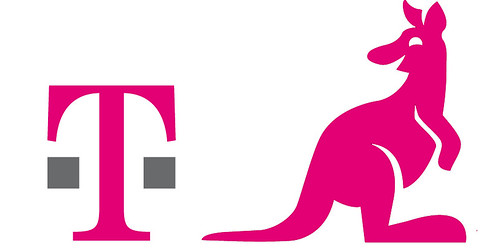T-Dish: The Timing is Perfect
Friday, August 15th, 2014
Earlier this month, Charlie talked about how he liked Sprint’s potential to be successful in wireless.
Not really: I think he wants Son to pay more for it!
The real value in wireless communications is in its spectrum licenses. Without that, you don’t have much to grow with. Add ready-to-go infrastructure to your spectrum and you can make some dough. Dish’s video business has probably reached its limit and they’ve been accumulating spectrum for an eventual “wireless play.” Competing against the cable and telco “triple-play” (voice, video, data) — or quad-play of Verizon and AT&T (landline voice, video, data, wireless/mobile) — left Dish an an inherent disadvantage. Without any landline business, using satcom for Internet is inefficient. If, however, Dish could make a “modern triple-play” (video, wireless data, wireless voice) then it could retain a substantial portion of its subscriber base. In general, triple-plays help reduce churn rates.
T-Mobile is on a tear; five quarters of 1.5 million net-adds. They just need some more spectrum and Dish has it — and cash flow to help pay down debt. LightReading has the best analysis:
The appeal of the Dish position is that the satellite provider holds 50MHz of spectrum in the US — 40MHz in the AWS-4 band and 10MHz in the H-Band — that is very close to the AWS spectrum that T-Mobile has been deploying its 4G LTE network in.
“We could certainly very rapidly deploy on his spectrum,” Carter noted.
This would give the pair the opportunity to offer really large LTE channels for faster over-the-air services, possibly doubling up on the 2x20MHz LTE channels that T-Mobile can offer today. Although Carter noted that the operator will move beyond that by itself anyway, without offering much further detail.
Of course, that would mean striking a deal between the two and — as Carter noted — Ergen is a “tough negotiator.” Still, he opined, it would be very difficult and expensive for Dish to deploy a wireless network on its own, and the provider is running out of time to strike a 4G deal with a partner.
Everybody seems to agree.
The timing is perfect for Dish to buy T-Mobile and turn their wireless service into a very strong #3 quickly — and grow it to some day become #2.
